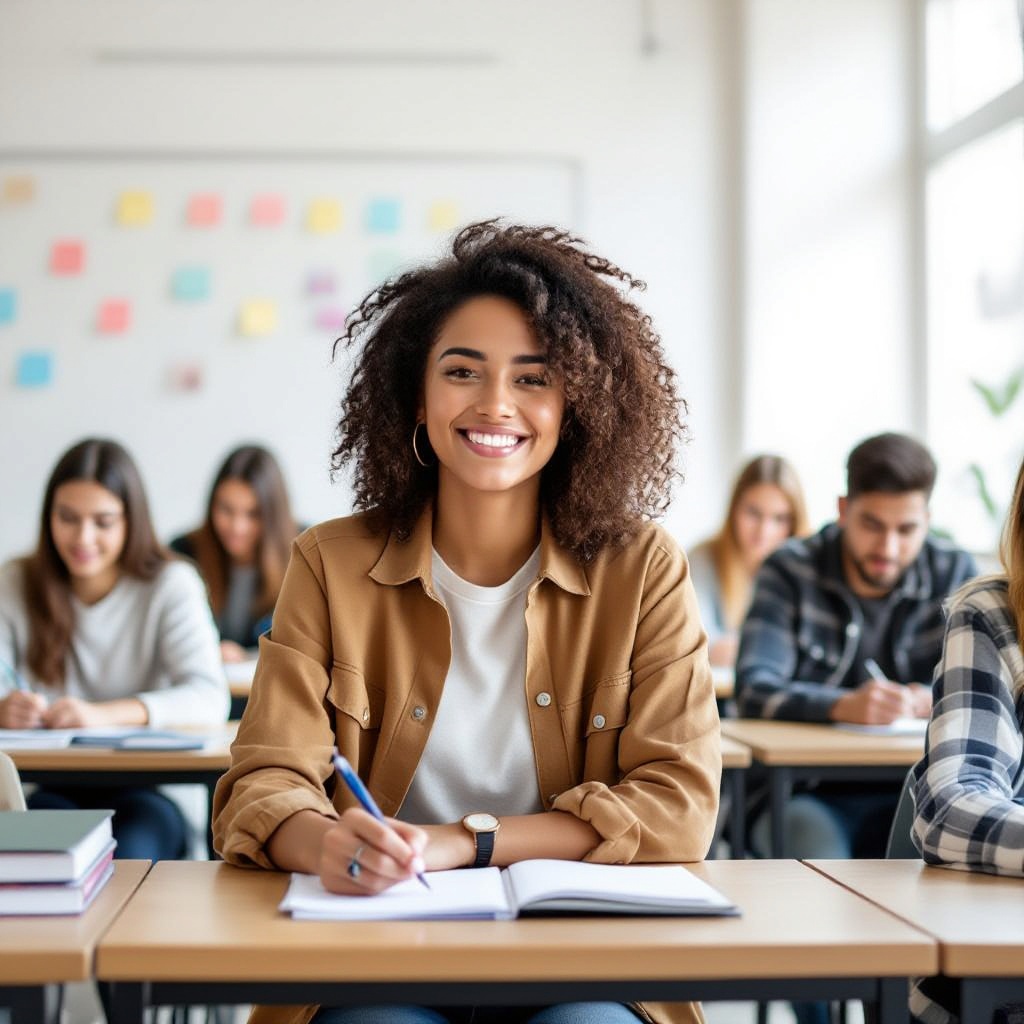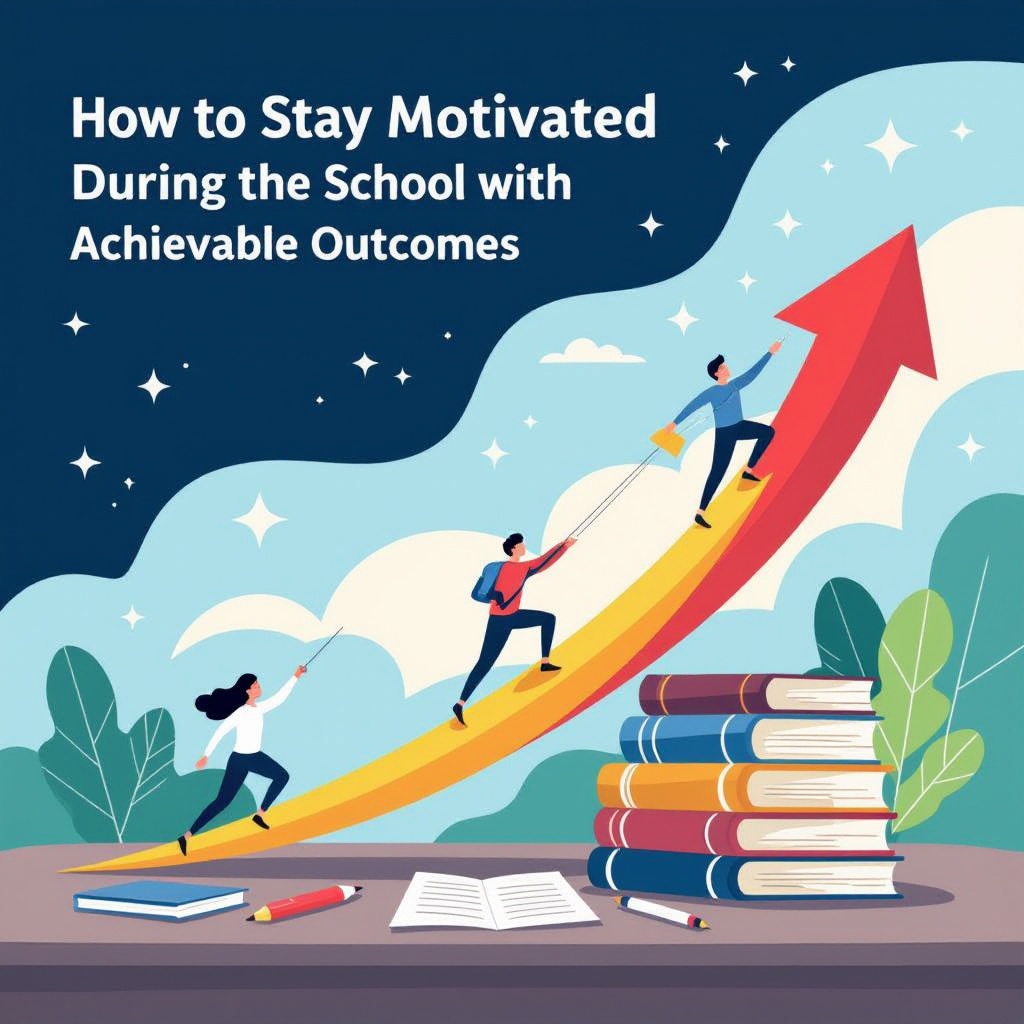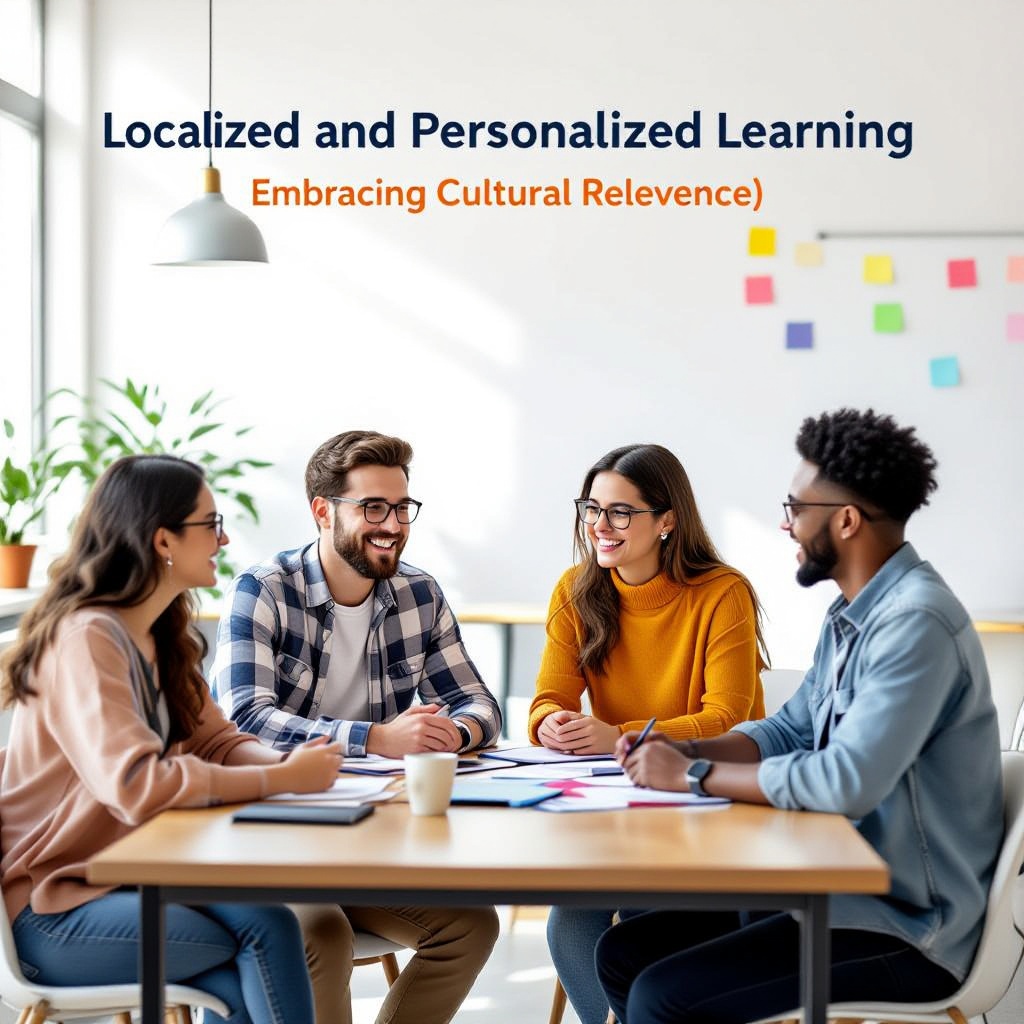Meeting the demands of the academic year is quite the task, particularly for students in the Gulf area. The integration of cultural relevance and technology significantly contributes to maintaining student motivation. By creating supportive educational environments, using digital tools, and aligning goals with cultural values, Gulf students can overcome challenges and achieve a fulfilling school experience.
Key Takeaways
- A positive and culturally conscious learning environment is crucial for increasing student motivation and academic success in Gulf schools.
- Digital tools like Learning Management Systems boost organization and engagement in academic endeavors.
- Setting SMART goals and regularly evaluating progress keep students motivated and focused all year long.
- Incorporating content specific to Gulf cultures into curricula strengthens engagement and aligns education with cultural identity.
- Balancing academics with well-being through activities and parental support enhances student motivation and success.
Unlocking Student Motivation: Creating a Positive Learning Environment in Gulf Schools
A positive learning environment significantly boosts student motivation and achievement. A 2023 study with 300 Saudi Arabian high school students revealed a strong link between a supportive environment and academic success. Safe, supportive schools that understand cultural backgrounds are crucial. They foster collaboration and inclusivity.
For educators and parents, practical steps can make a big difference. Integrating local examples into lessons connects content with students’ lives. Celebrating cultural events enhances engagement and appreciation for their heritage. Creating spaces for open dialogue encourages participation and makes students feel valued.
By focusing on these aspects, schools can cultivate a thriving atmosphere where students feel inspired and energized.

Harnessing the Power of Technology: Digital Tools for Academic Success
Learning Management Systems (LMS) play a crucial role in boosting academic performance at universities in the UAE. A study found that 84.9% of student performance was influenced by quality measures and satisfaction with these systems. This highlights how vital well-organized LMS platforms are to your success. They offer everything from recorded lectures to assignments, all neatly organized in one place.
Technology offers substantial advantages, such as quick access to a wealth of learning resources and interactive content that makes subjects lively and engaging. With just a few clicks, you can find e-books, journal articles, and videos to deepen your understanding of course material. Interactive quizzes and discussion forums can enhance your learning experience by engaging you in new ways.
You shouldn’t rely solely on technology, though. Combining digital tools with guidance from your professors enriches your academic journey. Faculty can offer insights that no algorithm can match. To maximize these benefits, balance both technology and mentorship in your study habits.
Consider these practical digital tools:
- Google Workspace for Education: For organizing documents and collaborating on projects.
- Khan Academy: To supplement your learning with free courses across various subjects.
- Grammarly: For ensuring your essays and reports are polished and error-free.
- Trello: To keep your assignments organized and your deadlines in check.
By selecting the right tools and using them wisely, you can pave the way for a successful academic year.

Goal Setting for Success: Aligning Ambitions with Achievable Outcomes
Strong self-motivation and discipline are crucial for Gulf students, especially with virtual and blended learning. They hold the key to achieving educational success. Students should craft SMART goals for their academic tasks. This means making sure targets are Specific, Measurable, Achievable, Relevant, and Time-based. Setting short-term goals creates tangible stepping stones.
Regular self-assessment helps monitor progress and renew motivation as needed. For instance, successful school progression plans often include weekly check-ins to reflect and adjust. By consistently revisiting and revising these goals, students keep their focus sharp. This ensures they stay on track throughout the academic year.

Localized and Personalized Learning: Embracing Cultural Relevance
Adapting learning materials to align with Gulf values and preferences holds significant benefits. Regional context increases engagement because students encounter content that resonates with their daily experiences. When materials are customized, they often reflect familiar themes and local wisdom, which naturally enhances educational outcomes.
Consider the difference between generic content and materials specifically tailored for the Gulf region. Generic materials might lack cultural nuances and fail to capture students’ interest. In contrast, localized content includes culturally relevant examples and utilizes regional language, making it relatable and easier to understand. This approach not only boosts retention but also significantly improves student satisfaction.
I encourage educators to incorporate local language into lessons, enriching the learning experience. Using culturally relevant examples helps bridge the gap between theoretical concepts and practical understanding. Here are some ways educators can integrate Gulf-specific elements:
- Include local historical events or figures as part of history lessons.
- Use examples from Gulf industries in economics or business studies.
- Incorporate regional literature in language arts curricula.
Enhancing materials in this manner provides students with a more meaningful and effective educational experience. When students see the relevance of education in their local context, they’re more motivated to engage deeply with the content. This strategy doesn’t just support academic success but also encourages students to view learning as an integral part of their cultural identity.

Nurturing Growth: Professional Development and Peer Support Networks
Continuous professional development among Gulf educators plays a vital role in fostering innovative teaching. This, in turn, boosts student motivation and engagement. By investing in advanced training, educators can introduce fresh teaching strategies that capture student interest and prompt active participation.
Creating study groups and engaging in peer mentoring among students can enhance learning experiences. These interactions offer support, encourage collaborative learning, and provide spaces for students to share knowledge and tackle challenges collectively. Encourage students to participate in such activities to build a motivating and supportive study environment.
Collaborative educator forums also contribute to a positive learning atmosphere. These forums, where educators exchange ideas and share experiences, help refine teaching methods and create an environment where both students and educators thrive. They act as a cradle for new concepts, fostering an ecosystem primed for educational growth.
Maintaining Motivation through Achievement Tracking and Well-Being
Keeping motivation high often hinges on how you can trace your progress and celebrate achievements. One effective approach includes regular feedback from teachers or peers. This ongoing input helps you see where you excel and where you need improvement. Celebrating milestones, no matter how small, can boost morale. Acknowledgment events, either informal get-togethers or school-organized ceremonies, offer a platform to recognize accomplishments openly.
Involving parents also plays a crucial role. Their support and recognition can give an additional boost to your determination. Parents might set up rewards for meeting certain goals, which can motivate you to stay on track.
Balancing academics with your well-being is vital. Too much focus on grades without minding mental and physical health can lead to burnout. Creating a routine that incorporates both study and rest allows your mind to absorb information better. Physical activity, whether through sports or simple exercises, is key. It breaks the monotony of study and refreshes your mind.
Extracurricular activities offer a chance to explore interests and talents outside of academics. They provide a necessary break and foster creativity, which indirectly enhances academic performance. In the Gulf, there’s a growing recognition of holistic education. This focus on well-being alongside academic achievement underscores its importance in nurturing well-rounded students. Embrace this balanced approach to ensure a fulfilling and motivating school year.

